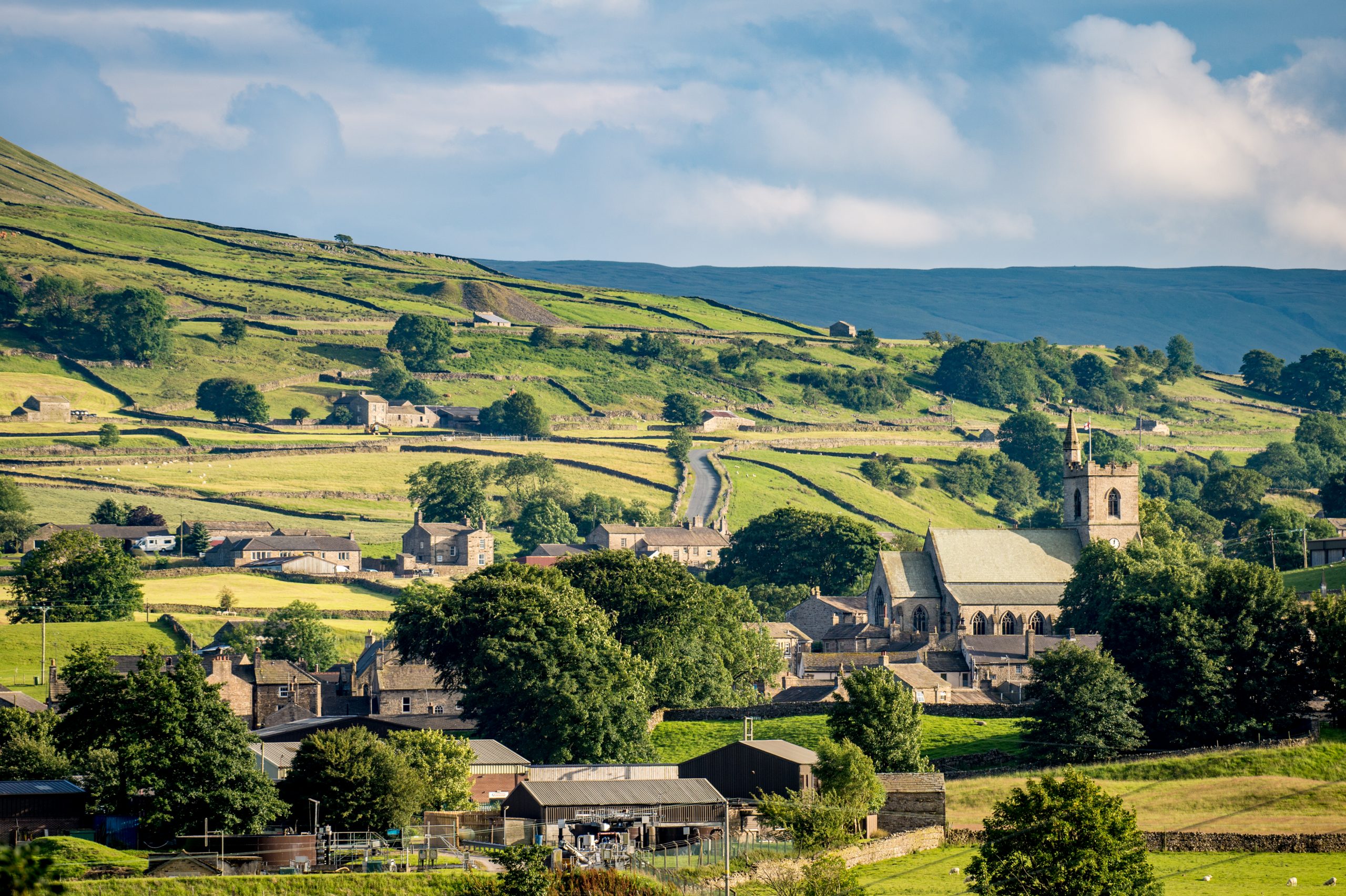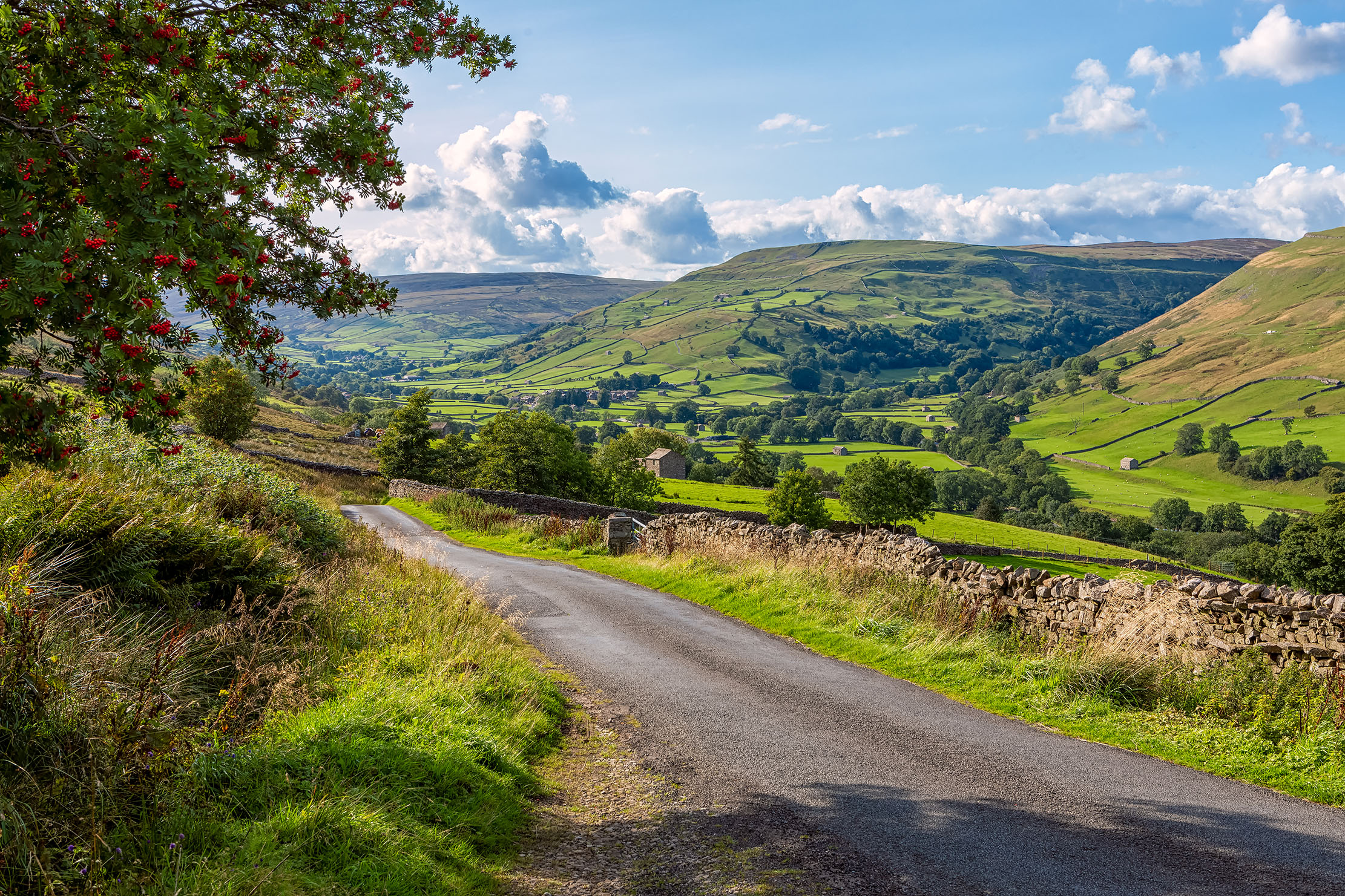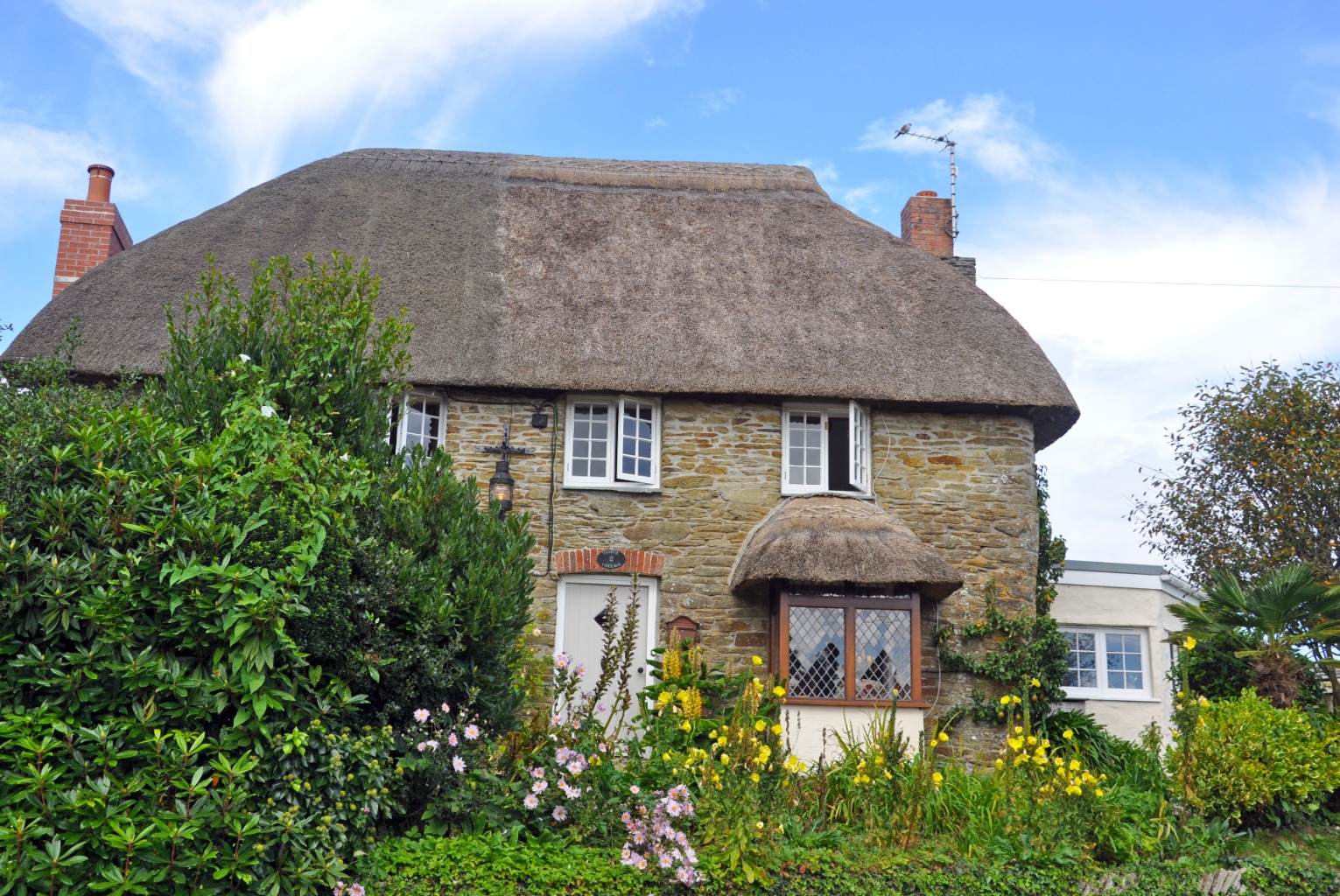Rising interest rates, the mortgage squeeze... so what next? The four questions everyone needs answered about the property market
As the Bank of England raises the base rate again, Annabel Dixon looks at what could lie ahead for the housing market.


Exquisite houses, the beauty of Nature, and how to get the most from your life, straight to your inbox.
You are now subscribed
Your newsletter sign-up was successful
This week, the Bank of England confirmed what the City had already been expecting: yet another interest rate rise. The bank’s Monetary Policy Committee raised the base rate for the 13th time in a row, by 0.5% to 5%, as it attempts to bring inflation under control.
It came as consumer champion Martin Lewis made headlines with his warning of a ‘mortgage ticking time bomb’.
Those pesky storm clouds that RICS senior economist, Tarrant Parsons, referred to recently in Property Talk seem to be gathering pace.
So what happens now? Here’s 4 questions on people’s lips right now.
What does the latest rate rise mean for borrowers?
The Bank of England’s rate increase sets the scene for more expensive mortgage payments. Put simply, any base rate rise is sure to be passed on by lenders to borrowers and this is likely to mean higher borrowing costs and fewer available mortgage products, says Chris Hodgkinson, managing director of the House Buyer Bureau.
More than 1.4m people on tracker and variable mortgage deals - which typically ‘track’ the base rate - are likely to see an immediate impact. Borrowers on a typical tracker mortgage will now pay £24 more a month while those on standard variable rate mortgages face a £15 increase, according to a reaction piece from Cornerstone Group International.
For borrowers with a fixed-rate mortgage, nothing will change - until their deal comes to an end. Up to 1.5m households with fixed-rate mortgage deals are due to expire this year, adds Cornerstone Group International.
Exquisite houses, the beauty of Nature, and how to get the most from your life, straight to your inbox.
And the group of homeowners most likely to be hit the hardest? The 42% who bought a property in 2021 and took a two-year fixed rate when mortgage rates were historically at an all-time low, warns Adrian Anderson, director at Anderson Harris.
Let’s not forget the cumulative effect of 13 successive rate rises, which Mark Harris, chief executive of mortgage broker SPF Private Clients, describes as ‘significant’.
He points out that a borrower with a £250,000 mortgage on a tracker pegged at 1% over base rate will have seen their monthly payments rise from £943 in December 2021 to £1,611 today.
Harris adds: ‘Fixed-rate mortgage pricing continues to edge upwards with many borrowers, particularly those due to come off cheap fixes, in for a real payment shock.’
It’s worth remembering though that the pressure won’t be felt equally. Borrowers with a modest loan, for example, could see a relatively small increase in their payments.
And one third of buyers now own their house outright and so aren’t feeling the strain of increased borrowing costs, according to Hodgkinson.

What impact could it have on the wider housing market?
The biggest impact of rising interest rates on the housing market is a ‘significant reduction’ in sales, says Nick Whitten, EMEA and UK Head of Living Research at JLL. They are down by 30% on last year and are likely to remain depressed for some time to come.
Knight Frank’s head of UK residential research, Tom Bill, says: ‘As the financial pain increases for anyone buying or remortgaging, it will keep prices in negative territory and a lid on transaction numbers this year.’
Hodgkinson also predicts more protracted transaction timelines and a further cooling in property values as the market continues to find its feet.
So when could things turn a corner? According to Alex Lyle, director of Richmond estate agency Antony Roberts, quite a few buyers and sellers are sitting tight until the autumn in the hope that the situation will have settled down by then.
Jeremy Leaf, north London estate agent and a former RICS residential chairman, reckons confidence to buy property will only start to return when core inflation falls to more sustainable levels over a longer period. Watch this space.
Are we on course for a house price crash?
The current economic headwinds certainly don’t make for uplifting reading. But Hodgkinson says ‘there’s nothing to suggest a 13th interest rate increase will bring the walls crashing down around us’.
Bill says that the wage growth driving core inflation higher is one of the reasons the firm doesn’t expect a ‘steep decline’ in house prices.
He explains: ‘Record levels of housing equity, the availability of longer mortgage terms, a stable banking system, the political pressure on lenders to show forbearance and the recent popularity of fixed-rate products should prevent a collective cliff-edge moment for the UK housing market.’
But Cornerstone Group International chairman, David Hannah, warns that homeowners coming off fixed-rate mortgage deals and moving straight into a 6% mortgage are going to be unable to afford them.
‘That's going to lead to a load of repossessions and forced sales which is not good news. Fundamentally it’s going to shatter confidence in the market,’ he says grimly.
‘Such an environment will lead to a slowdown in property sales, as well as a potential decline in property prices.’
What impact could the current headwinds have on the rental market?
There are up to 500,000 highly-leveraged buy-to-let landlords who are particularly feeling the pressure from rising rates, JLL estimates.
Jatin Ondhia, chief executive of Shojin, warns: ‘Higher borrowing costs will continue to squeeze homeowners and property investors, which in turn will lead to more buy-to-let investors exiting the market and increase rental costs due to a dwindling supply of property.’
Meanwhile, aspiring first-time buyers nervously waiting on the sidelines or who simply can’t afford to get onto the housing ladder will likely linger in the rental market, adding further pressure to this corner of the housing market.
Hannah explains: ‘The rental market has already been suffering from a lack of supply, and now, with a growing number of would-be buyers in need of a place to live, this is going to be exacerbated further. The result of this is that rental prices and competition will likely increase at a time when people are already struggling.’

Credit: H Tiddy
12 stunning character properties for sale at under £400,000
Thatched homes in Cornwall and West Sussex are among the many highlights of these gorgeous character cottages for sale.

